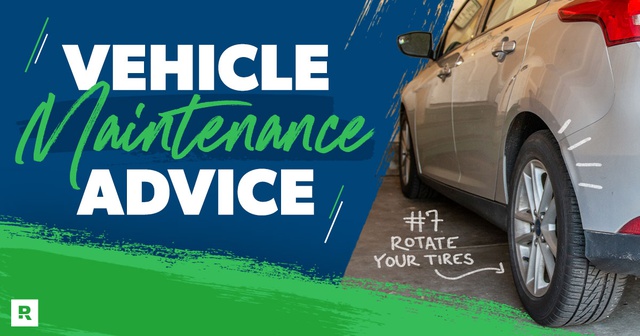

Title: The Restrictions of DIY Vehicle Inspections and the Necessity for Professional Assessment
Introduction
Lately, the trend of do-it-yourself (DIY) vehicle inspections has become increasingly popular among car owners aiming to reduce expenses and save time. Although DIY inspections can be advantageous for simple maintenance tasks, they have considerable limitations regarding the thorough safety and performance of a vehicle. This article examines the constraints associated with DIY vehicle inspections and highlights the necessity of professional assessments.
The Allure of DIY Vehicle Inspections
DIY vehicle inspections are attractive for various reasons. They provide car owners with the chance to learn more about their vehicles, cut down on mechanic costs, and carry out routine checks at their own convenience. With the rise of online tutorials and budget-friendly tools, many car enthusiasts feel empowered to handle basic inspections and repairs.
Drawbacks of DIY Vehicle Inspections
1. **Lack of Expertise**: The majority of car owners do not possess the specialized training and experience that certified mechanics have. This can result in oversights or misdiagnoses, possibly leading to undetected problems that could jeopardize vehicle safety.
2. **Limited Access to Tools and Technology**: Professional mechanics employ advanced diagnostic tools and equipment that are often inaccessible or prohibitively expensive for the typical DIY hobbyist. These tools are vital for accurately identifying complex issues in modern vehicles.
3. **Inadequate Knowledge of Vehicle Systems**: Vehicles consist of complex machines with interconnected systems. DIY inspectors may not fully grasp the intricacies of these systems, leading to incomplete inspections and overlooked problems.
4. **Safety Risks**: Without the right knowledge and tools, DIY inspections may present safety hazards. Improperly executed repairs or ignored issues can lead to accidents or additional damage to the vehicle.
5. **Warranty Issues**: Conducting DIY inspections or repairs may sometimes void vehicle warranties. Manufacturers typically stipulate that inspections and repairs should be performed by certified professionals to preserve warranty coverage.
The Necessity for Professional Assessment
1. **Thorough Diagnostics**: Professional mechanics utilize sophisticated diagnostic equipment to conduct detailed evaluations. This guarantees that all possible issues are identified and addressed, enhancing vehicle safety and performance.
2. **Expertise and Experience**: Certified mechanics possess the training and experience required to accurately diagnose and repair an extensive range of vehicle issues. Their knowledge ensures that repairs are completed correctly, minimizing the chance of future complications.
3. **Access to Specialized Tools**: Professionals have access to specialized tools and equipment that empower them to conduct precise inspections and repairs, which is often beyond the scope of DIY enthusiasts.
4. **Peace of Mind**: Knowing that a vehicle has undergone inspection and servicing by a qualified professional offers peace of mind to car owners. It confirms that the vehicle is safe to drive and decreases the chances of unforeseen breakdowns.
5. **Upkeeping Vehicle Value**: Regular professional assessments help preserve the value of a vehicle by ensuring it stays in optimal condition. This is especially crucial for those considering selling or trading their vehicle in the future.
Conclusion
While DIY vehicle inspections can be beneficial for basic maintenance tasks, they have considerable limitations that may compromise vehicle safety and performance. Professional assessments offer thorough diagnostics, expert knowledge, and access to specialized tools, ensuring that vehicles remain in peak condition. For car owners who value safety, reliability, and peace of mind, professional vehicle inspections are an indispensable investment.






